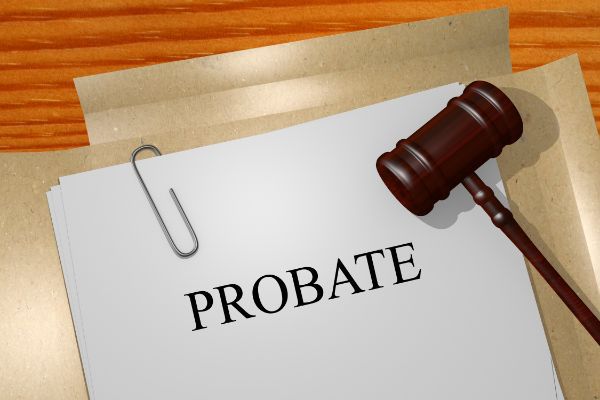What is Heirs Land?
Unless you work in real estate, you’ve probably never heard of heirs land and the complicated problems it can cause when the person who thinks they own the property wants to use it as collateral in a transaction or sell it on the open market. Heirs land, quite simply, is land that passed via intestate…










